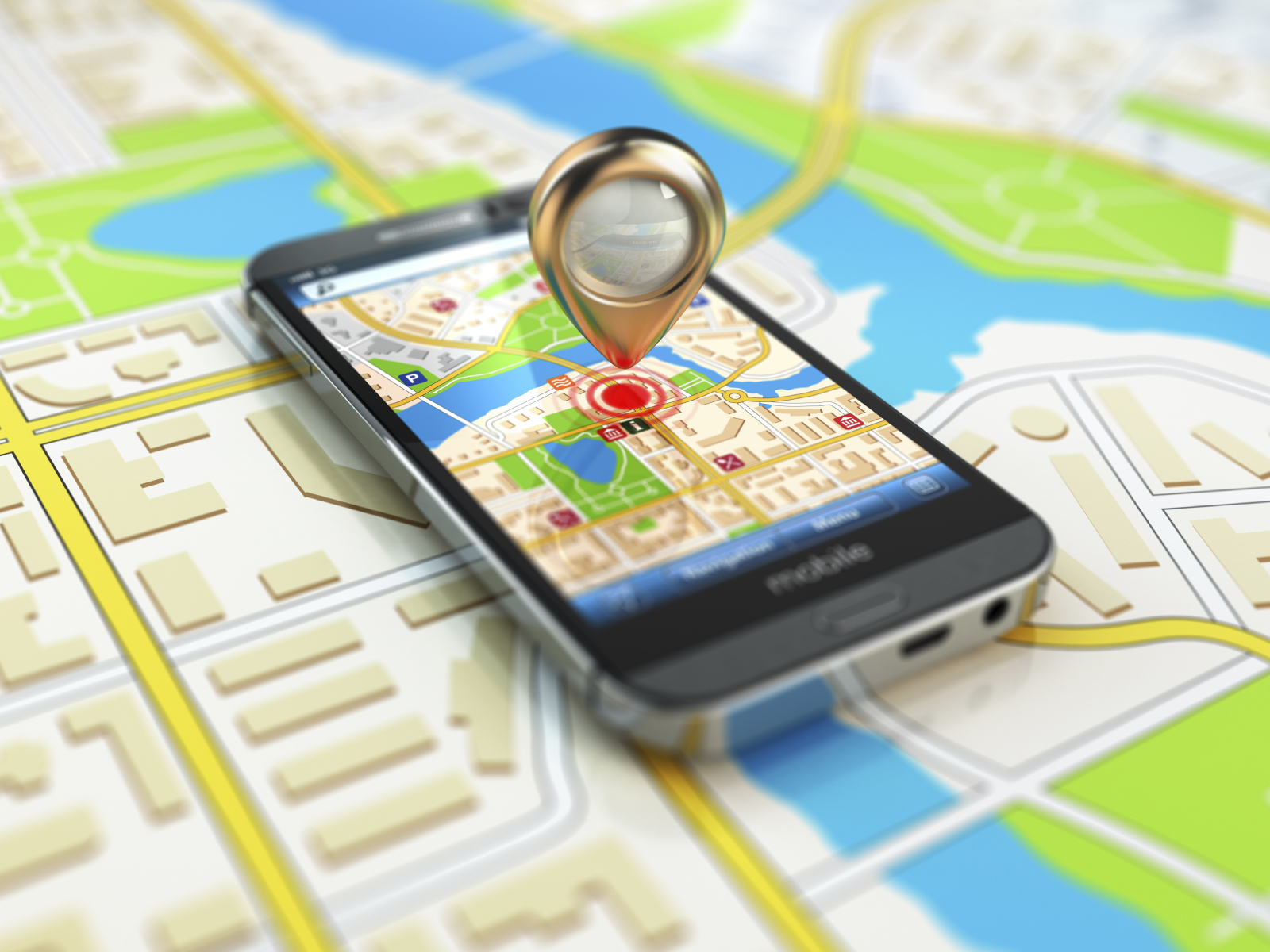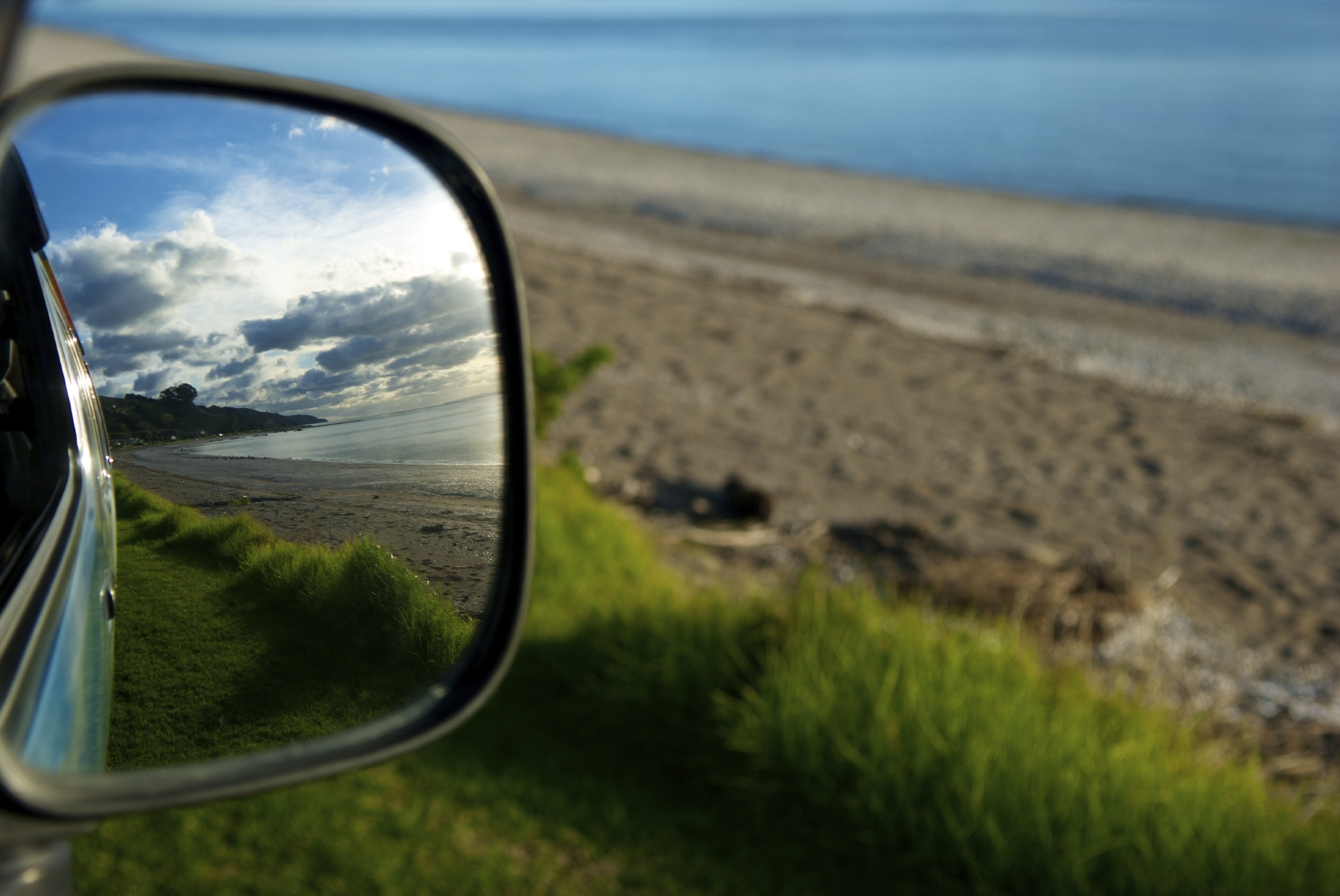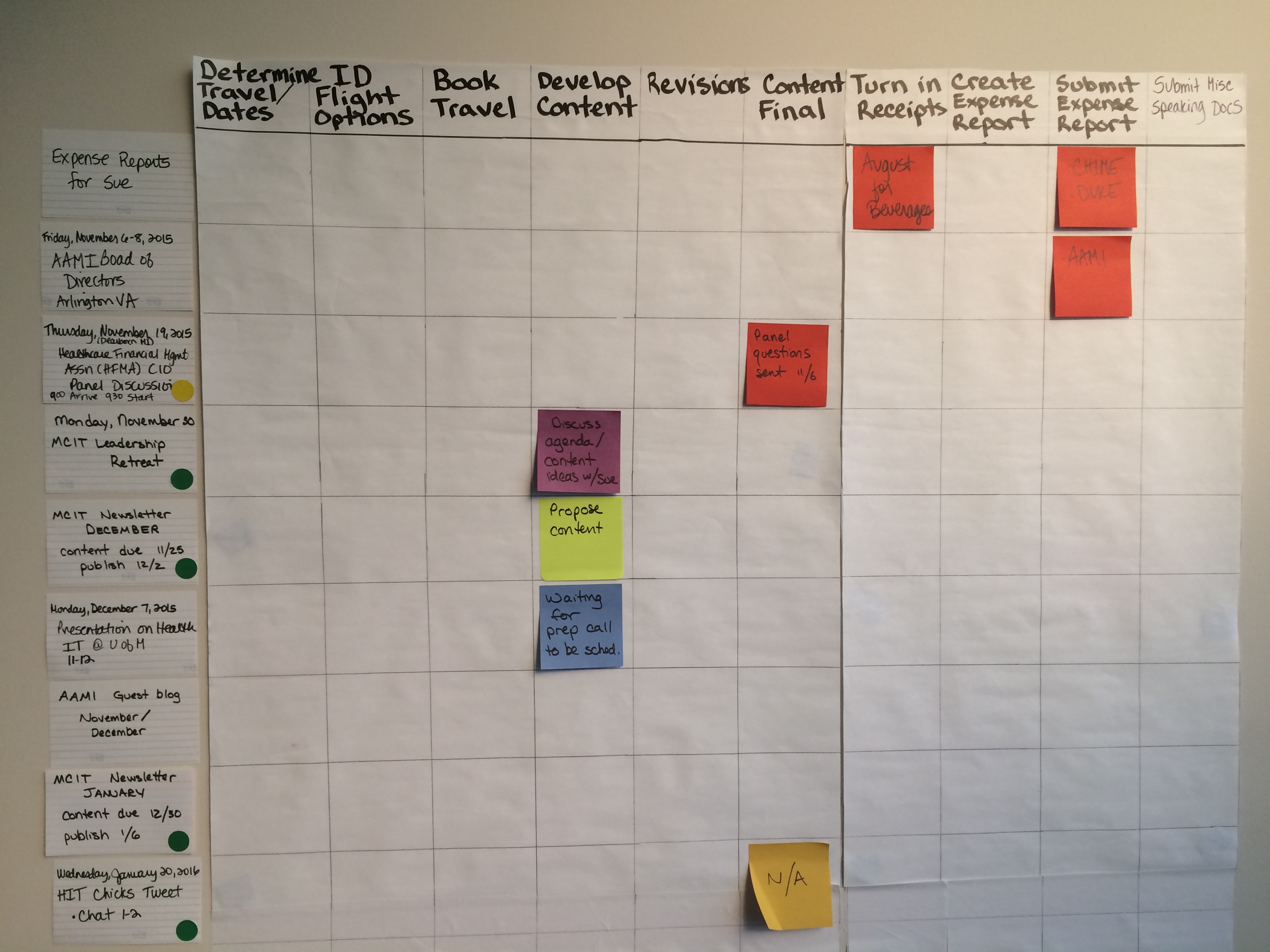 I have lived and worked in Ann Arbor for 3 years now and have made many trips to Lansing and Detroit for meetings and events. In Lansing I go to about 5 different locations: my car is almost on auto pilot. I have been to various locations in downtown Detroit and the surrounding suburbs. What would I do without the GPS technology we all take for granted?
I have lived and worked in Ann Arbor for 3 years now and have made many trips to Lansing and Detroit for meetings and events. In Lansing I go to about 5 different locations: my car is almost on auto pilot. I have been to various locations in downtown Detroit and the surrounding suburbs. What would I do without the GPS technology we all take for granted?
I have a built-in navigation system in my car, but you probably have the same ability with a map app on your smart phone. My daughter warns me though, to not depend on GPS when you are down to the last mile; “Use your eyes,” she says. That’s what I do when I’m going to the Ren Center in downtown Detroit. My biggest concern then is that I will be in the wrong lane and end up taking the tunnel to Windsor, Canada. You can’t just do a U-turn on the other side; you need your passport with you. Unless I carry my passport in my car, it would be a major delay. I have heard about people who missed events by an hour just by making that mistake.
And there is a lot of road construction with detours on my way out of Detroit these days. I must rely on my GPS to adjust my route and use my eyes to keep track of the detour signs.
Do you remember those thick spiral-bound books of maps for a metro area? You needed a magnifying glass to read it. You also needed a co-pilot in the passenger seat. A real challenge if driving alone at night!
I remember when we stuck add-on Garmin devices to our inside windshield or tried to somehow balance them on the console.
I still sometimes use the online Mapquest or Google Maps service to print out the directions in advance; sometimes I want the big picture visual with me.
But the convenience of a built-in navigation system with voice directions in my 2008 car is far better. I rely on it whenever I’m headed someplace new.
But what about when you are inside a large building complex? Wayfinding in hospitals is a challenge for both patients and staff, especially in large academic medical centers with old and new buildings connected on a sprawling campus. Continue reading →


 You need to own your own career and be open to the possibilities – this is the advice I have often given others over the years. It applies whether you are early, mid or late career.
You need to own your own career and be open to the possibilities – this is the advice I have often given others over the years. It applies whether you are early, mid or late career. What better time than year end to reflect on our collective progress as an IT team. You will see a lot of “top 10” type stories in December – top trends, breakthroughs, stories, and even top predictions for the coming year. I’ll leave those to people with far more time to research and write. What I’d like to share is the progress my incredible IT team has made in partnership with our many internal customers at UMHS in 2015. These are common journeys for health care CIOs around the country.
What better time than year end to reflect on our collective progress as an IT team. You will see a lot of “top 10” type stories in December – top trends, breakthroughs, stories, and even top predictions for the coming year. I’ll leave those to people with far more time to research and write. What I’d like to share is the progress my incredible IT team has made in partnership with our many internal customers at UMHS in 2015. These are common journeys for health care CIOs around the country. 
 In August 2014, I posted “
In August 2014, I posted “ I am committed to developing the next generation of leaders. I also give generously to non-profits that I care about. This week, those two passions converged.
I am committed to developing the next generation of leaders. I also give generously to non-profits that I care about. This week, those two passions converged. I keep my distance from the huge crowds shopping on Black Friday. And Cyber Monday comes way too soon for me. I usually wait until mid-December to actually do any gift shopping. The one gift I decide on early is the “perfect” book for everyone on my leadership team – a tradition I’ve had since my first CIO position. But I know that most people try to get a very early start.
I keep my distance from the huge crowds shopping on Black Friday. And Cyber Monday comes way too soon for me. I usually wait until mid-December to actually do any gift shopping. The one gift I decide on early is the “perfect” book for everyone on my leadership team – a tradition I’ve had since my first CIO position. But I know that most people try to get a very early start. As we gather with family and friends this Thanksgiving, let us be mindful of the global society we now live in. It is a difficult time for political discourse, let alone the kind of rowdy yet friendly debates that can erupt at Thanksgiving tables with people we know well and love.
As we gather with family and friends this Thanksgiving, let us be mindful of the global society we now live in. It is a difficult time for political discourse, let alone the kind of rowdy yet friendly debates that can erupt at Thanksgiving tables with people we know well and love. I have lived and worked in Ann Arbor for 3 years now and have made many trips to Lansing and Detroit for meetings and events. In Lansing I go to about 5 different locations: my car is almost on auto pilot. I have been to various locations in downtown Detroit and the surrounding suburbs. What would I do without the GPS technology we all take for granted?
I have lived and worked in Ann Arbor for 3 years now and have made many trips to Lansing and Detroit for meetings and events. In Lansing I go to about 5 different locations: my car is almost on auto pilot. I have been to various locations in downtown Detroit and the surrounding suburbs. What would I do without the GPS technology we all take for granted? The past month has been a particularly busy one for me. I have spoken locally a few times and gone out of town on business several times as well. I’ve been to the CHIME Fall Forum, made a
The past month has been a particularly busy one for me. I have spoken locally a few times and gone out of town on business several times as well. I’ve been to the CHIME Fall Forum, made a